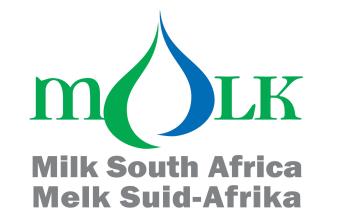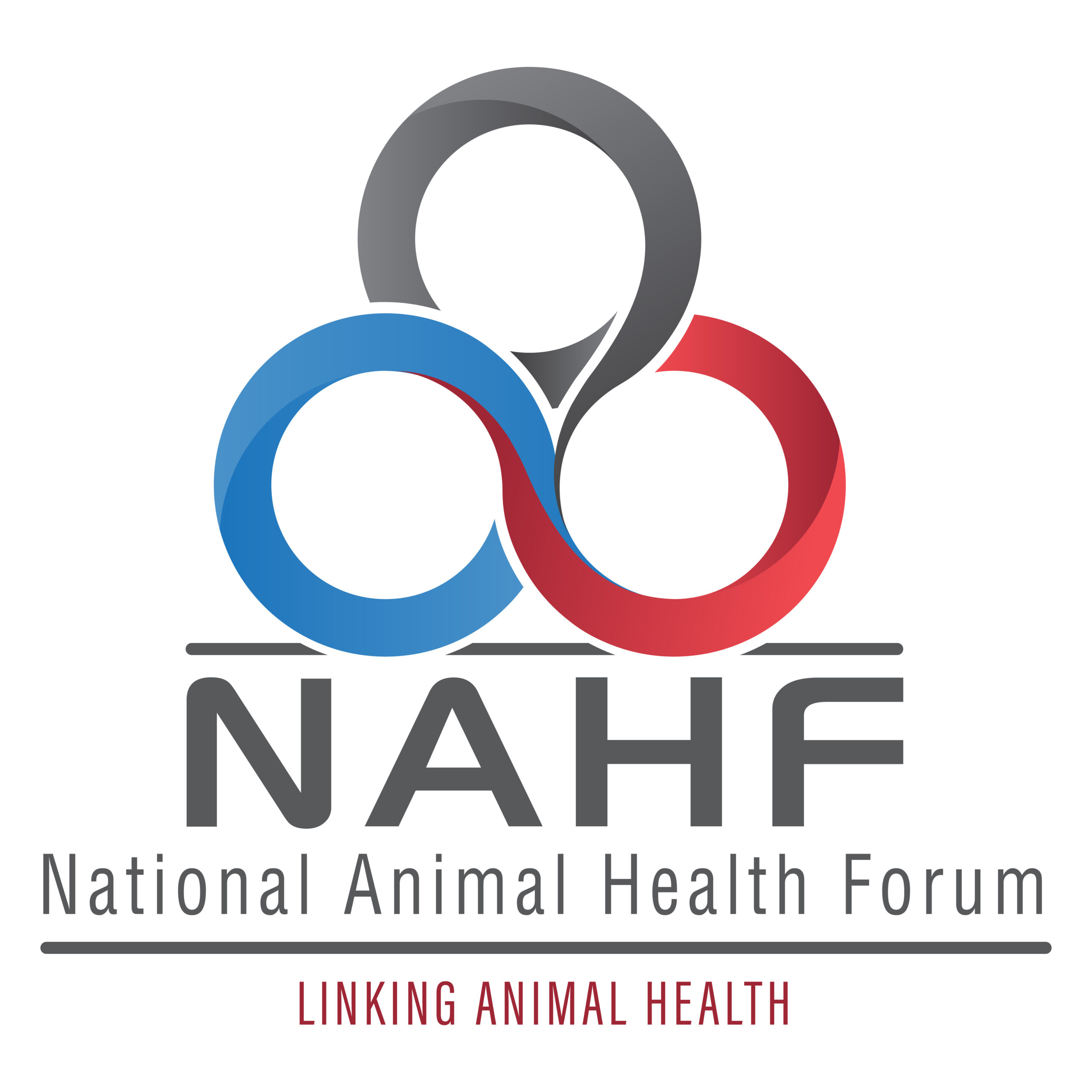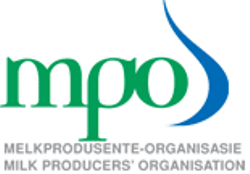
This virus struck overnight to take lives and to destabilize the whole world. Milk SA is deeply touched by the loss of lives, the impact on living quality and crippled economies.
We have welcomed the swift action taken by the South African Government at an early stage, when the virus was reported in South Africa at the beginning of March. We also fully condone the initiatives of the Minister of Agriculture, Land Reform and Rural Development (DALRRD) to ensure that the agricultural and agro-processing industries function as efficiently as possible.
In this regard, Milk SA and its two members [SA Milk Processors’ Organisation (SAMPRO) and Milk Producers’ Organisation (MPO)] together with other industries, are doing everything possible to ensure that the different industry value chains are functioning optimally.
The afore-mentioned bodies are participating in a concerted initiative of the Bureau for Food and Agricultural Policy (BFAP) to monitor value chain constraints that occur and might occur during the lockdown phase – which are reported regularly to a special Task Team appointed by the Minister. While a number of agro-processing bodies put their weight behind Business Unity South Africa (BUSA), agricultural commodity organizations such as MPO have joining forces with Agri SA’s Business Chamber where the dairy and other industries enjoy direct interaction with the Minister of Agriculture, Land Reform and Rural Development, to find solutions to impediments.
Together, MPO, SAMPRO and Milk SA have been acting as an important link between Government and industry members in conveying the relevant legal and other information such as the issuing of permits for essential services via electronic media, Whatsapp messages, the Milk Bulletin and e-mails. The Office of Milk SA also drafted and disseminated permit templates towards this effort.
The lockdown does not prevent the production of unprocessed milk and the production, distribution and marketing of the different types of dairy products, but it has resulted in increased costs. The increased costs are due to for example, additional medical costs in respect of employees, additional administrative costs and the cost of additional actions required to protect the health of employees on farms, in factories, during transport of employees and in the transport and distribution of unprocessed milk and the different types of dairy products.
The impact of the lockdown in respect of the fast food industry, hotels, guest houses and restaurants on the dairy industry is dramatic. This lockdown has effectively resulted in the sudden disappearance of an important market for dairy products, and especially the disappearance of an important part of the demand for cheese. This situation has created a crisis for the members of the dairy industry which relied on sales to this market and this crisis will spill over to the rest of the dairy industry.
Milk SA and its members, MPO and SAMPRO, are strongly in favour of the reopening of the fast food industry, subject to appropriate measures to safeguard the health of employees and clients.
Before the announcement of the lockdown and due to the disappointing economic performance of South Africa, the demand in South Africa, including the demand for food products, such as dairy products, was under downward pressure. COVID-19 and measures by the public and private sectors as well as consumer reactions to deal with the situation created by COVID-19, will further seriously undermine economic growth in South Africa and thus the demand for, among others, dairy products in the lockdown period and thereafter.
Healthy diets are extremely important and it is also true in these difficult times which South Africa and other countries experience, due to Covid-19. The important contribution which nutrient rich dairy products should make and which is continuously communicated by the Consumer Education Projects of Milk SA, should be emphasised. Very useful and scientifically based information about the health and nutritional benefits of dairy products are available at rediscoverdairy.co.za.
Before the outbreak of the virus in South Africa, the Dairy Standard Agency sensitized the dairy industry about good practices for safe dairy processing and conveyed important information about the virus, to prevent it from spreading. In this regard, the statement of the Minister of Health must be noted, namely that “COVID-19 is not a Food Safety issue – i.e. it has not been identified to be a route or cause of/for transmission.” and “Food safety before, during and after the disaster is non negotiable!”.
The South African dairy industry is one of the foremost industries globally, as its primary and secondary sectors are among the most competitive and organized in the world. It is in disasters like this, that one stands to appreciate the inevitable role of well-structured and advanced agricultural, agro-processing and retail networks in food security which are foundational to socio-economic stability and social welfare.
2020.04.28
Enquiries: Nico Fouché (CEO: Milk SA) – 012 460 7312 / nico@milksa.co.za
Published on Monday, 1st June 2020 - 06:47
Recent Posts
disclaimer









